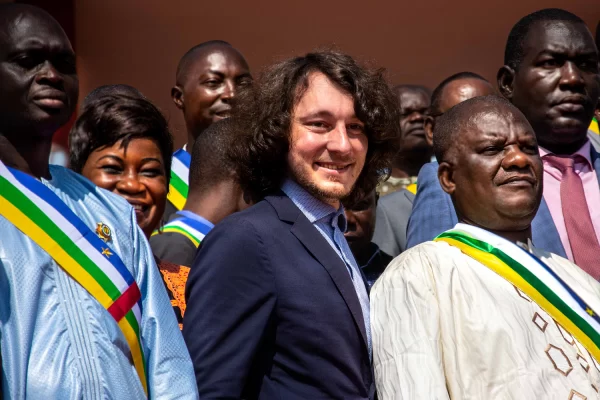By Joseph Siegle and Jeffrey Smith
May 30, 2022
As Africans grapple with the more present and disastrous aftershocks of Russia’s invasion of Ukraine, it is important to recognize the threat this form of authoritarian expansion will have on the continent if it is normalized.

On March 2, member states of the United Nations General Assembly voted overwhelmingly in favor of a resolution that strongly condemned Russian President Vladimir Putin’s war of aggression against Ukraine. The resolution, which was supported by 141 member states, affirmed that “any attempt aimed at the … disruption of the territorial integrity of a State … or at its political independence is incompatible with the purposes and principles of the United Nations Charter.” The resolution was an affirmation of the legal guardrails and norms that have guided international relations since the conclusion of World War II and the ratification of the United Nations Charter in 1945.
One region stood out for its seeming ambivalence, however. While most African countries joined their global counterparts to stand up to Putin’s unprovoked brutality, 17 African countries abstained, with another eight choosing to not participate. One country even voted against the resolution, Eritrea, a totalitarian dictatorship. There were many reasons for the abstentions, varying from historical ties to Africa’s liberation struggles to the self-interest of regimes currently propped up by Russia and to those ideologically committed to nonalignment on the global stage.
